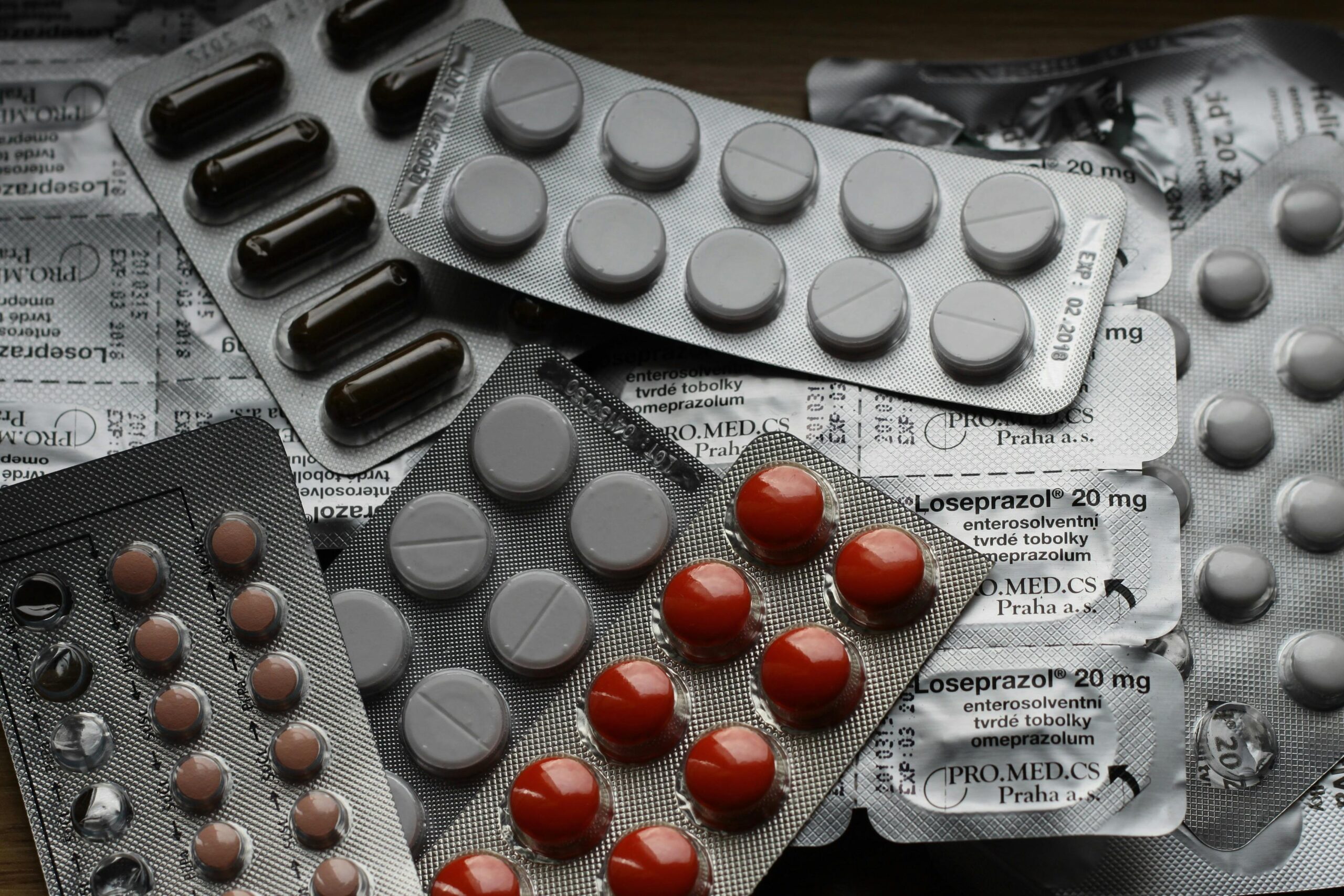Vaginal itching is a common concern that many women experience at some point in their lives. It can be uncomfortable and distressing, impacting both physical and emotional well-being. While occasional itching is normal, persistent or severe itching may be a sign of an underlying issue. In this article, we will explore the causes of vaginal itching and discuss effective ways to alleviate and prevent this discomfort.
Causes of Vaginal Itching
- Yeast Infections: One of the most common causes of vaginal itching is a yeast infection, often caused by an overgrowth of the Candida fungus. Symptoms may include redness, swelling, and a white, cottage cheese-like discharge. Over-the-counter antifungal medications are usually effective in treating yeast infections.
- Bacterial Vaginosis (BV): BV is an imbalance in the normal bacteria in the vagina, leading to an overgrowth of harmful bacteria. It can cause itching, along with a fishy odor and abnormal discharge. Antibiotics are typically prescribed to restore the balance of bacteria.
- Sexually Transmitted Infections (STIs): Certain STIs, such as trichomoniasis, herpes, and chlamydia, can cause vaginal itching. It is crucial to seek medical attention if an STI is suspected, as prompt treatment is essential to prevent complications.
- Hormonal Changes: Fluctuations in hormonal levels, particularly during menopause, pregnancy, or the menstrual cycle, can lead to vaginal dryness and itching. Hormone replacement therapy or topical estrogen may be recommended in some cases.
- Allergies or Irritants: Harsh soaps, detergents, fabric softeners, or synthetic materials in underwear can irritate the delicate vaginal area, causing itching. Switching to hypoallergenic products and wearing breathable cotton underwear may provide relief.
- Chemical Irritants: Certain personal care products, such as douches, sprays, or perfumed products, can disrupt the natural balance of the vagina, leading to itching. Opting for fragrance-free, gentle products is advisable.
- Stress and Poor Immune Function: Stress can weaken the immune system, making the body more susceptible to infections that may cause itching. Practicing stress-reducing techniques and maintaining overall well-being can be beneficial.
How to Cure Vaginal Itching
- Medical Consultation: If you are experiencing persistent or severe itching, it is essential to consult a healthcare professional for a proper diagnosis. They can determine the underlying cause and recommend an appropriate treatment plan.
- Over-the-Counter Treatments: Antifungal creams, suppositories, or oral medications are available over the counter for treating yeast infections. However, it’s crucial to follow the instructions and consult a healthcare provider if symptoms persist.
- Prescription Medications: In cases of bacterial infections or STIs, prescription antibiotics or antiviral medications may be necessary. It is crucial to complete the full course of medication as prescribed.
- Topical Steroids: For inflammation and itching related to skin conditions, such as eczema or dermatitis, topical steroids prescribed by a healthcare professional can provide relief.
- Home Remedies:
- Warm Sitz Baths: Soaking in a warm bath with added baking soda or colloidal oatmeal can soothe itching.
- Probiotics: Incorporating probiotic-rich foods or supplements may help maintain a healthy balance of bacteria in the vagina.
- Hydration: Drinking plenty of water helps maintain overall vaginal health.
- Preventive Measures:
- Maintain Good Hygiene: Gently clean the genital area with mild soap and water, avoiding harsh products.
- Wear Breathable Clothing: Choose cotton underwear and avoid tight-fitting pants to allow air circulation.
- Practice Safe Sex: Use condoms to reduce the risk of STIs.
- Avoid Douching: It disrupts the natural balance of the vagina.
Conclusion
Vaginal itching can be a distressing symptom, but identifying and addressing the underlying cause is key to finding effective relief. Seeking prompt medical attention, maintaining good hygiene practices, and making lifestyle adjustments can contribute to long-term vaginal health. If symptoms persist or worsen, consulting a healthcare professional is essential for a comprehensive and personalized treatment plan.



